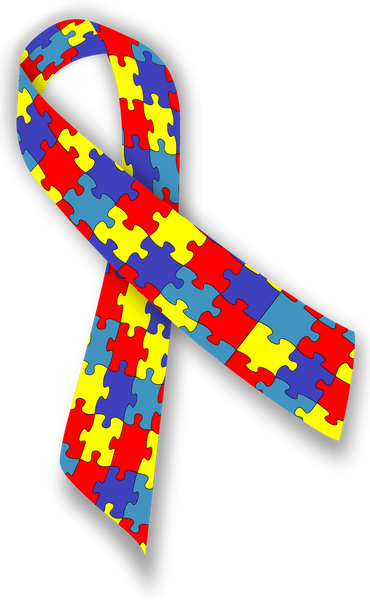Description
The autistic spectrum is a complex one, and although it’s not always easy to understand the conditions and disorders that come under it, this course can help dispel myths and raise awareness of one of the disorders, known as Asperger Syndrome. Whether you are a practitioner, parent or carer, or just have an interest in the autistic spectrum, this Asperger Syndrome Awareness Diploma will improve your knowledge and skills in the area.
Learning Overview
You’ll leave this course with knowledge of the history of Asperger’s, how it’s defined, and how it differs from other autistic spectrum disorders. Over approximately 12 – 15 hours of learning you’ll look at the biological foundations of Asperger’s, gender differences, and the range of conditions you could have alongside Asperger Syndrome. You’ll also study the therapeutic or educational methods that have successfully been used to support people with Asperger’s.
Why Invest In This Course?
If you complete this course you’ll have an increased awareness of the characteristics, diagnosis, effects and challenges of having Asperger Syndrome, how it affects daily life, and what you can do to offer help and support if you know someone coping with this autistic spectrum disorder.
KEY LEARNING POINTS
Work through the ten modules for a greater understanding of Asperger Syndrome, how it’s diagnosed, and how it affects work, school and daily life for those that live with this condition.
Work through an overview of Asperger Syndrome and learn how it’s defined.
Look at research that has been done on Asperger’s and how it’s diagnosed.
Examine possible genetic and environmental factors that could cause Asperger’s and high functioning autism.
Look into how medical practitioners make objective decisions on diagnosis, and the use of diagnostic interviews as a tool.
Examine the effects of Asperger’s, including developmental factors, speech and behavioural issues, and sensory issues, including hypersensitivity.
Learn about sensory integration disorder and how it affects understanding of the environment.
Look into different therapies and techniques for coping with Asperger’s including sensory integration therapy to help coordination, and how to deal with aggression and minimise the impact.
Gain a greater awareness and understanding of how people with Asperger’s view the world.
Go more in-depth on specific issues affecting young people with Asperger’s, why they might be victims of bullying, a look at inclusion and support in schools, and how you can support a sibling with Asperger’s.
Following on, examine issues affecting adults with the condition, including why adult women may have Asperger’s but haven’t been diagnosed, and a look at Asperger’s and relationships and parenting.
Examine Asperger’s in the workplace, including a look at support strategies, disability discrimination, and how attributes of people with Asperger’s can be a positive for employers, if they are given the right role.
Fame game – find out about famous people with Asperger’s and more about their stories – case studies include Sir Isaac Newton, computer genius Alan Turing, and wildlife TV presenter Chris Packham.
End the course with a variety of content on supporting people with Asperger Syndrome. Look at social skills training, organisational skills and peer meditation.
ADVANTAGES OF THIS COURSE
Receive a certificate on successful completion of the course.
Support is there when you need it through your online learning account.
Benefit from a full syllabus that will give you a greater understanding of Asperger’s and how you can help people with it in work or daily life.
Taking this course may improve your prospects when applying for work or volunteer opportunities, where you may come across Asperger Syndrome.
The opportunity to pass on your knowledge and raise awareness in your local community or online.
Units of Study
What is Asperger syndrome and how is it defined?
The History of Research into Asperger’s and How it is Diagnosed
The Causes and Diagnosis of Asperger Syndrome
The Effects of Asperger Syndrome
Techniques for coping with AS
Issues for Adolescents and Young Adults with AS
Adults with Asperger Syndrome
How to handle Asperger’s in the workplace
Famous people with Asperger’s
How to support people with Asperger Syndrome







Abiy Wolde Bonger –
I had taken this course, I understood the subject more now than ever. Good learning experiance.
Raymund –
Thanks again for teaching such a great course!!!